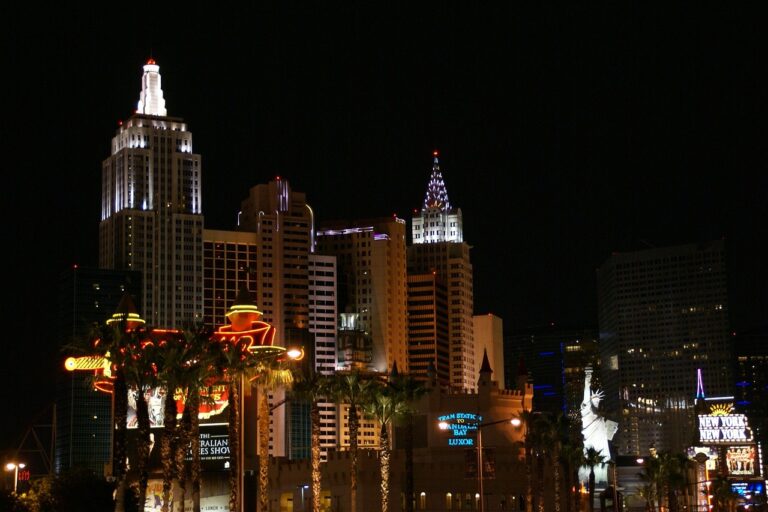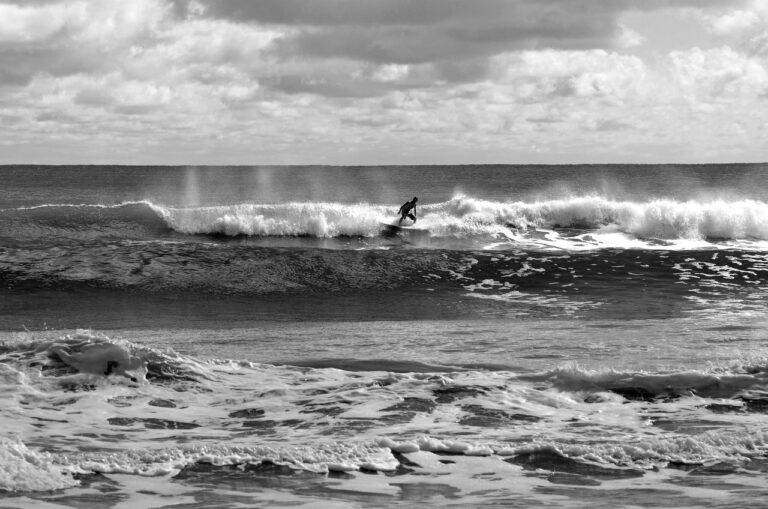Music Venues and Public Policy: Navigating Regulations and Legal Challenges: Laser247 com login id and password, Lotus 365.vip, Sky 247 login
laser247 com login id and password, lotus 365.vip, sky 247 login: Music venues are vibrant spaces where musicians and fans come together to enjoy live performances. However, running a music venue comes with its fair share of challenges, especially when it comes to navigating regulations and legal hurdles. From noise ordinances to alcohol licensing, music venue owners must stay on top of various policies to ensure their businesses run smoothly. In this article, we’ll explore how music venues can navigate regulations and legal challenges to continue providing a platform for artists and music-lovers alike.
Obtaining the Necessary Permits and Licenses
One of the first steps in running a music venue is ensuring that you have all the necessary permits and licenses. This includes permits for occupancy, alcohol service, and live music performances. Each city and state has its own regulations regarding these permits, so it’s important to research and apply for them accordingly.
Dealing with Noise Ordinances
Noise complaints are a common issue for music venues, especially those located in residential areas. Most cities have noise ordinances in place to regulate sound levels during certain hours. Music venue owners must be aware of these ordinances and take necessary steps to mitigate noise disturbances, such as soundproofing their venues or implementing sound limiters.
Understanding Liability and Insurance
Music venues can be held liable for accidents or injuries that occur on their premises. To protect themselves from legal action, venue owners must have proper insurance coverage, including general liability and liquor liability insurance. It’s also crucial to have clear signage regarding alcohol consumption and safety measures in place to prevent accidents.
Ensuring Compliance with ADA Regulations
The Americans with Disabilities Act (ADA) requires music venues to provide equal access to individuals with disabilities. This includes ensuring that the venue is wheelchair accessible, providing accessible seating options, and offering assistive listening devices for patrons with hearing impairments. Non-compliance with ADA regulations can result in legal action, so it’s essential for music venues to adhere to these requirements.
Dealing with Copyright and Licensing Issues
Music venues that host live performances must ensure they have the necessary licenses to play copyrighted music. This includes obtaining performance rights licenses from organizations like ASCAP, BMI, and SESAC. Failure to obtain these licenses can result in hefty fines and legal action, so it’s important for venue owners to understand their obligations regarding music licensing.
Navigating Zoning and Land Use Regulations
Zoning regulations can impact where music venues are allowed to operate. Some zoning laws may restrict the types of businesses that can operate in certain areas or limit the hours of operation for music venues. It’s important for venue owners to research local zoning laws and ensure their venue complies with land use regulations.
FAQs
Q: Can I host live music performances without a performance rights license?
A: No, you must obtain the necessary performance rights licenses to play copyrighted music at your music venue.
Q: What should I do if I receive a noise complaint?
A: Take the complaint seriously and work to address any noise issues promptly. This may involve soundproofing your venue or implementing sound limiters.
Q: How can I ensure my music venue is ADA compliant?
A: Make sure your venue is wheelchair accessible, provide accessible seating options, and offer assistive listening devices for patrons with hearing impairments.
In conclusion, music venues face a range of regulatory and legal challenges that require careful navigation to ensure compliance and success. By staying informed about local regulations, obtaining the necessary permits and licenses, and implementing safety measures, music venue owners can create a thriving space for artists and audiences to come together and enjoy live music performances.







